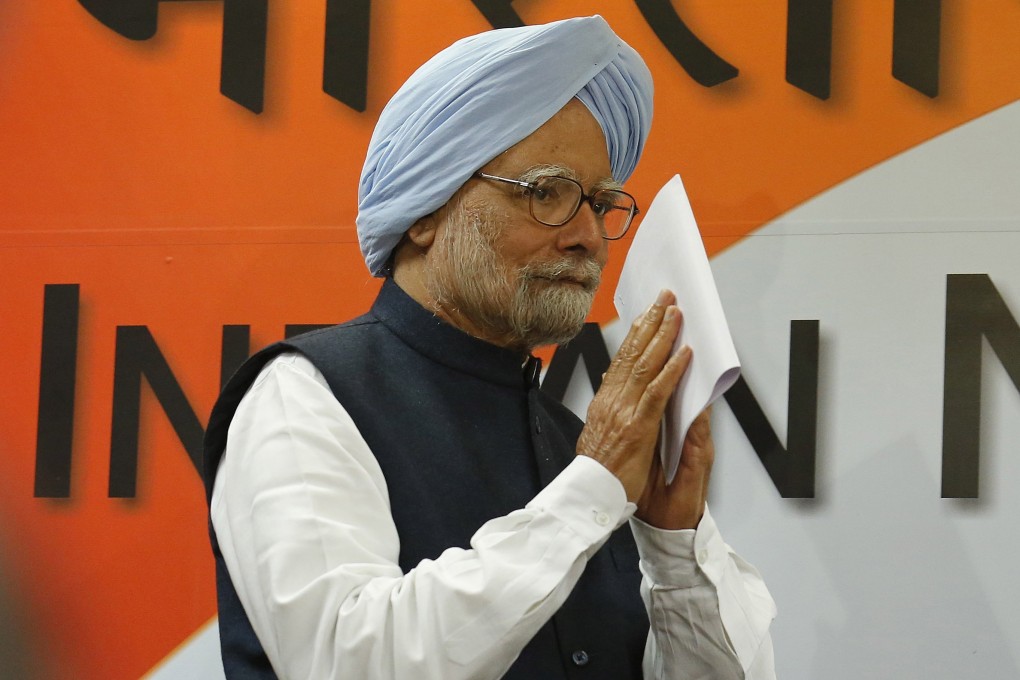Advertisement
The economic legacy of India’s Manmohan Singh: transformative reforms, but hurdles remain
Experts argue that India should strengthen the late former PM’s legacy by focusing on privatisation and improving education and healthcare
Reading Time:3 minutes
Why you can trust SCMP

Manmohan Singh, the soft-spoken economist who rescued India from near-bankruptcy to make it one of the world’s fastest-growing major economies, has died, leaving behind what analysts call an unfinished blueprint for reform.
Advertisement
Singh, who passed away on Thursday at the age of 92, spent five years as finance minister between 1991 and 1995 under Prime Minister Narasimha Rao’s minority government, guiding the economy during a critical time when India was on the brink of a sovereign default, with barely enough foreign exchange reserves to cover a month’s worth of imports.
The former central bank governor, who studied economics at Oxford and Cambridge, took advantage of his free rein to dismantle Soviet-style economic controls, reduce a maze of permits and attract foreign investment into a market that had long been regarded as off-limits.
Since then, India’s economy has grown sevenfold, becoming Asia’s third-largest. Singh later served two terms as Prime Minister after Italian-born Sonia Gandhi, widow of assassinated Prime Minister Rajiv Gandhi, picked him for the job after the Congress party’s 2004 election victory.
Manmohan Singh changed our legacy from one of the world’s also-ran to a success story
During Singh’s premiership from 2004 to 2010, India achieved an impressive average economic growth rate of 8.3 per cent. However, the technocrat struggled to extend his market-opening policies of the 1990s, due to resistance within the Congress party, which was also battling corruption accusations. This contributed to the party’s loss to current Prime Minister Narendra Modi’s Bharatiya Janata Party (BJP) in 2014.
Advertisement

Advertisement